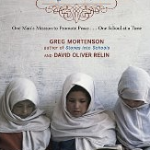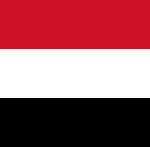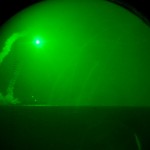“Three cups of tea : one man’s mission to fight terrorism and build nations– one school at a time”
by Greg Mortenson and David Oliver Relin.
Greg Mortenson was accused of fabricating important parts of Three Cups of Tea, his bestselling 2006 memoir about building schools in Pakistan and Afghanistan. The book describes Greg Mortenson’s transition from an “American mountain-climber to a humanitarian committed to reducing poverty and promoting education for girls in Pakistan and Afghanistan.” In 1993 Greg Mortenson “was mountain-climbing bum wandering emaciated and lost through Pakistan’s Karakoram. After he was taken in and nursed back to health by the people of a Pakistani village, he promised to return one day and build them a school. From that rash, earnest promise grew one of the most incredible humanitarian campaigns of our time–Mortenson’s one-man mission to counteract extremism by building schools, especially for girls, throughout the breeding ground of the Taliban. In a region where Americans are often feared and hated, he has survived kidnapping, fatwas issued by enraged mullahs, death threats, and wrenching separations from his wife and children. But his success speaks for itself–at last count, his Central Asia Institute had built fifty-five schools.” (From publisher Viking Press description).
“It’s a beautiful story, and it’s a lie,” Jon Krakauer told CBS’ Steve Kroft.
Krakauer, an author and adventurer, originally backed the nonprofit Central Asia Institute with $75,000 of his own money before withdrawing his support.
From Viking Press
In regards to the 60 Minutes episode that aired April 17, 2011: “Greg Mortenson’s work as a humanitarian in Afghanistan and Pakistan has provided tens of thousands of children with an education. 60 Minutes is a serious news organization and in the wake of their report, Viking plans to carefully review the materials with the author.”
*************
Mortenson has admitted to “some omissions and compressions” while largely defending his work. Up until the program had aired, and for the last 15 years, no one in the USA questioned him and no one listened closely to what Pakistanis themselves had to say: the unraveling of the Mortenson story has come as no surprise there.
A few facts about Gilgit-Baltistan: گلگت – بلتستان, formerly known as the Northern Areas (شمالی علاقہ جات, Shumālī Ilāqe Jāt):
- Gilgit Baltistan is a self governed region in the north of Pakistan. It is governed through a representative Government and an independent judiciary. Gilgit Baltistan is home to one of the most diverse socio-cultural geography in the world. It has been called the Roof of the World, the Wonderland of Asia and the Jewel of Pakistan.
- The region of Gilgit-Baltistan which Mortenson describes as a wild area of extremist and violent terrorism actually is a peaceful, predominantly Ismaili region whose inhabitants see the Paris-based Aga Khan as their spiritual leader. There is a strong Tibetan Buddhist influence. The Aga Khan Development Network has been building schools in the region. Pakistani journalist Rina Saeed Khan points out Gilgit-Baltistan has one of the highest literacy rates in Pakistan.









